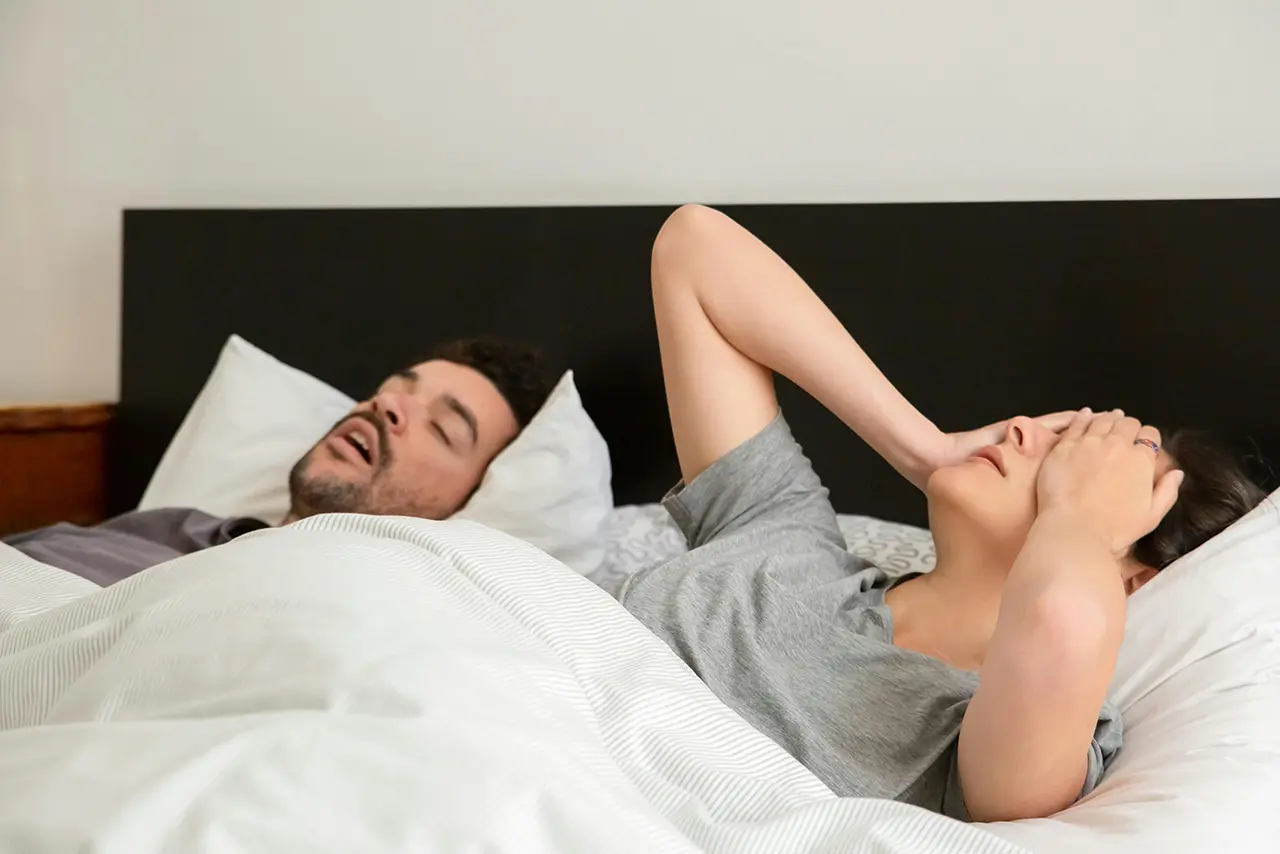Sleep and Aging: Why Lack of Sleep Speeds Aging
We all know a good night’s sleep makes us feel better — more alert, energetic, and ready to take on the day. But here’s the real secret: quality sleep is also one of the best anti-aging tools you have.
How Sleep Changes as We Age
As we get older, our sleep patterns naturally shift. We may have lighter sleep, more frequent awakenings, and earlier wake-up times. While some change is expected, chronic poor sleep — whether from insomnia, sleep apnea, or restless nights — can cause more than just next-day fatigue.
The Link Between Poor Sleep and Faster Aging
- Cellular Damage and Inflammation
Deep sleep is when your body carries out most of its repair work, from muscle recovery to DNA repair. Without enough restorative sleep, oxidative stress and inflammation build up, damaging cells and tissues over time — a key driver of premature aging.
- Hormonal Disruption
Sleep regulates hormones like cortisol, melatonin, and growth hormone. Poor sleep raises cortisol (a stress hormone) and reduces growth hormone — both changes that can speed up skin aging, decrease muscle mass, and increase fat storage.
- Cognitive Decline
During deep sleep, the brain’s “glymphatic system” clears out waste products, including beta-amyloid, which is linked to Alzheimer’s disease. Poor sleep means less cleanup, increasing the risk of memory loss and cognitive decline.
- Weakened Immunity
Lack of sleep suppresses immune function, making you more susceptible to illness and slowing recovery — factors that can make you feel and function “older” than you are.
How You Can Protect Your Sleep and Slow Aging
- Stick to a consistent schedule — go to bed and wake up at the same time every day.
- Create a sleep-friendly environment — cool, dark, and quiet.
- Limit screen time before bed — blue light can suppress melatonin.
- Avoid heavy meals, caffeine, and alcohol close to bedtime.
- Incorporate relaxation routines like stretching, meditation, or reading before bed.
For some, targeted supplements such as magnesium, melatonin, or calming herbal blends can help improve sleep quality when used alongside good habits. It’s always best to talk with your healthcare provider before starting anything new to ensure it’s the right fit for your individual needs.
The Takeaway
Good sleep is not a luxury; it is a biological necessity that keeps your body and brain younger, longer. When you prioritize restorative sleep, you give your body the time it needs to repair cells, balance hormones, and reset your immune system. Protecting your sleep now doesn’t just help you feel rested tomorrow — it pays off in more energy, sharper thinking, improved mood, healthier skin, and a stronger, more resilient body over time. In the long run, good sleep is one of the most powerful tools you have for aging gracefully and maintaining your overall health and vitality.


